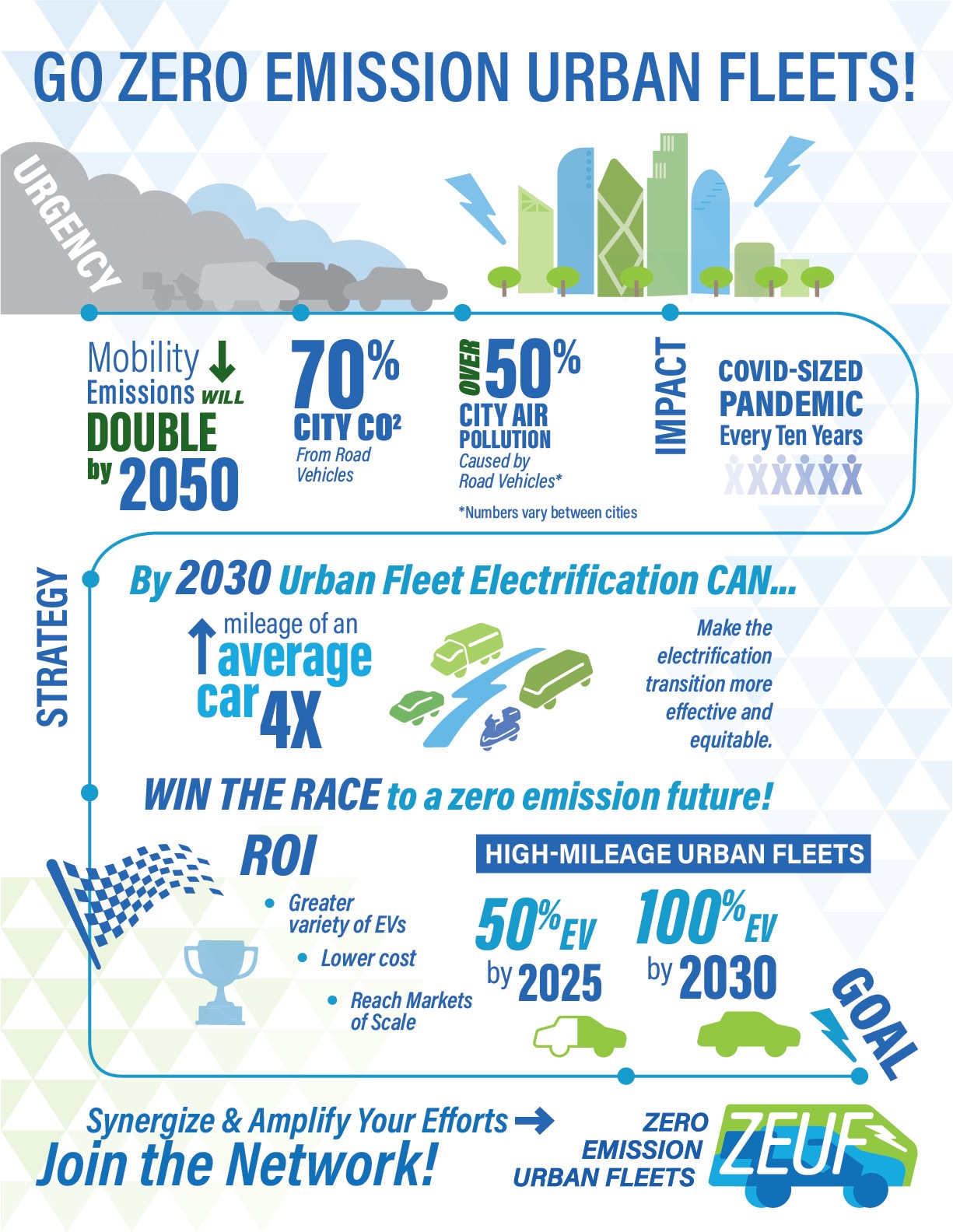These Countries Offer The Best Electric Car Incentives to Boost Sales

Electric car incentives are helping to increase sales of electric vehicles worldwide. Image: Unsplash/Michael Fousert
Listen to the article
- By the end of 2020, there were 10 million electric cars on the road.
- Electric car incentives are helping to increase sales of electric vehicles (EVs) worldwide.
- New Zealand is the latest country to offer cash rebates for switching to EVs.
- Tax bonuses in Norway have closed the price gap between EVs and conventional cars.
While the pandemic oversaw a global car sales drop of 16%, electric car registrations grew by 41% in 2020, according to the International Energy Agency (IEA). That rise meant that there were around 10 million electric vehicles out and about on the world’s roads by the end of last year.
With a growing level of awareness about climate change driving some people’s desire to swap their old polluting car for an electric one, many governments have deployed a range of electric car incentives to encourage the take-up of EVs.
Electric car sales continue to grow
Consumer spending on electric cars rose to $120 billion in 2020, the IEA says in its Global EV Outlook 2021 report. That’s a jump of 50% on 2019’s figures.
Alongside that, “governments across the world spent $14 billion to support electric car sales, up 25% from 2019, mostly from stronger incentives in Europe”.
That said, the share of government-supplied incentives – as a proportion of total EV spending – has been falling over the past five years, the IEA report shows. Electric car incentives by the Government made up around 10% of EV spending in 2020, down from roughly 20% in 2015.
Incentives for electric car purchase
The most common mechanisms for administering incentives have been the kind of rebate New Zealand has just announced.
Drivers there can look forward to a cash rebate if they buy electric or hybrid cars. The Clean Car Discount scheme comes into effect on 1 July 2021 and will “make it cheaper for New Zealanders to buy electric and low-emission cars,” the country’s Transport Minister Michael Wood said in a statement online.
Apart from electric car incentives, the scheme will also introduce additional fees on the price of vehicles that produce high levels of carbon dioxide emissions, earning it the nickname “the feebate” in New Zealand. The fees will be introduced on 1 January 2022, along with an expansion of the rebates to include low-polluting, fossil-fuelled cars.
“It will prevent up to 9.2 million tonnes of carbon dioxide emissions and will help with the upfront cost of switching over, with Kiwis getting up to $8,625 (US$6,080) back,” Wood said.
Tax bonuses level the playing field
In the US, President Biden has just announced $7.5 billion for an EV charging infrastructure network, but it’s not yet clear what will be made available for vehicle purchasing incentives – $100 billion was originally earmarked for EV subsidies in Biden’s ‘American Jobs Plan’.
In California, the Clean Vehicle Rebate Project offers electric car incentives of up to $7,000 on new EVs, although the scheme is currently on hold as funding has been used up. California also operates a Clean Fuel Reward programme, which can be worth up to $1,500 when buying or leasing an EV.
How is the World Economic Forum helping to scale vehicle electrification?
The UK government offers a $3,480 discount on new EVs under $48,670, but this represents a cut to the previous grant, which was $4,170 on EVs worth $69,500, according to The Guardian.
In 2019, the vehicle-maker Volkswagen carried out a comparison of some of the world’s leading EV markets and the different incentive levers governments were pulling to encourage sales. Generous tax bonuses in Norway are attributed to bringing the price of EVs and conventional cars close to parity.
China, meanwhile, is the world’s largest market for EVs, due in large part to its extensive regulatory incentives.
Don't miss any update on this topic
Create a free account and access your personalized content collection with our latest publications and analyses.
License and Republishing
World Economic Forum articles may be republished in accordance with the Creative Commons Attribution-NonCommercial-NoDerivatives 4.0 International Public License, and in accordance with our Terms of Use.
The views expressed in this article are those of the author alone and not the World Economic Forum.
Stay up to date:
Mobility Solutions
Related topics:
Forum Stories newsletter
Bringing you weekly curated insights and analysis on the global issues that matter.
More on Climate Action and Waste Reduction See all
Planet in focus: The technologies helping restore balance – and other news to watch in frontier tech
Jeremy Jurgens
November 13, 2025









